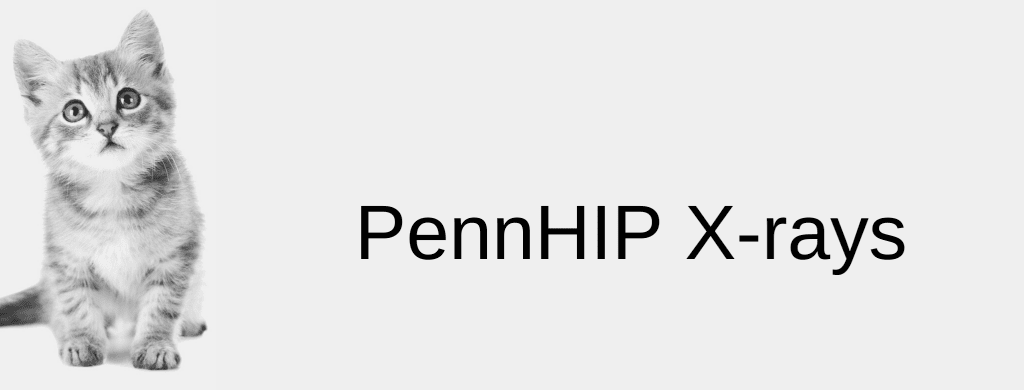Your Guide to the PennHIP Method
Practised by just a few vets in Australia, PennHIP is a special and innovative early screening method for Canine Hip Dysplasia and hip arthritis in dogs. For PennHIP advice and services in Brisbane, talk to the team at Kedron Veterinary Clinic.
The Importance of Dog Hip Dysplasia Screenings
Canine Hip Dysplasia (CHD) is a common problem that affects virtually all breeds of dog. It is especially problematic in large breeds. Symptoms may include marked pain and lameness or a gradual onset with mild intermittent pain, stiffness and a restricted range of motion in the hips as your dog ages.
It’s important to have your dog evaluated using the PennHIP technique to eliminate the potential risk of your dog developing hip dysplasia.
How Does PennHIP Work?
The PennHIP method allows our vets to accurately predict which dogs will develop hip dysplasia and hip arthritis. PennHIP has great advantages over the standard Australian CHD diagnostic method, which evaluates dogs at one year or older. This is because PennHIP can be carried out much sooner – from 16 weeks of age.
What Happens During the PennHIP Procedure?
During this simple and non-invasive radiographic procedure, one of our vets will position your dog so that his or her “passive hip laxity” can be accurately measured. In simple terms, this refers to the degree of looseness of the hip ball in the hip socket when your dog’s muscles are completely relaxed.
To obtain the results, it’s important that your dog’s surrounding hip muscles are completely relaxed. For the comfort and safety of your pet – and for complete accuracy – this requires a general anaesthesia. Commonly, your dog can go home the very same day.
For more information about the PennHIP method, or if you think your dog is showing signs of hip dysplasia, phone us today on 07 3857 1785.

